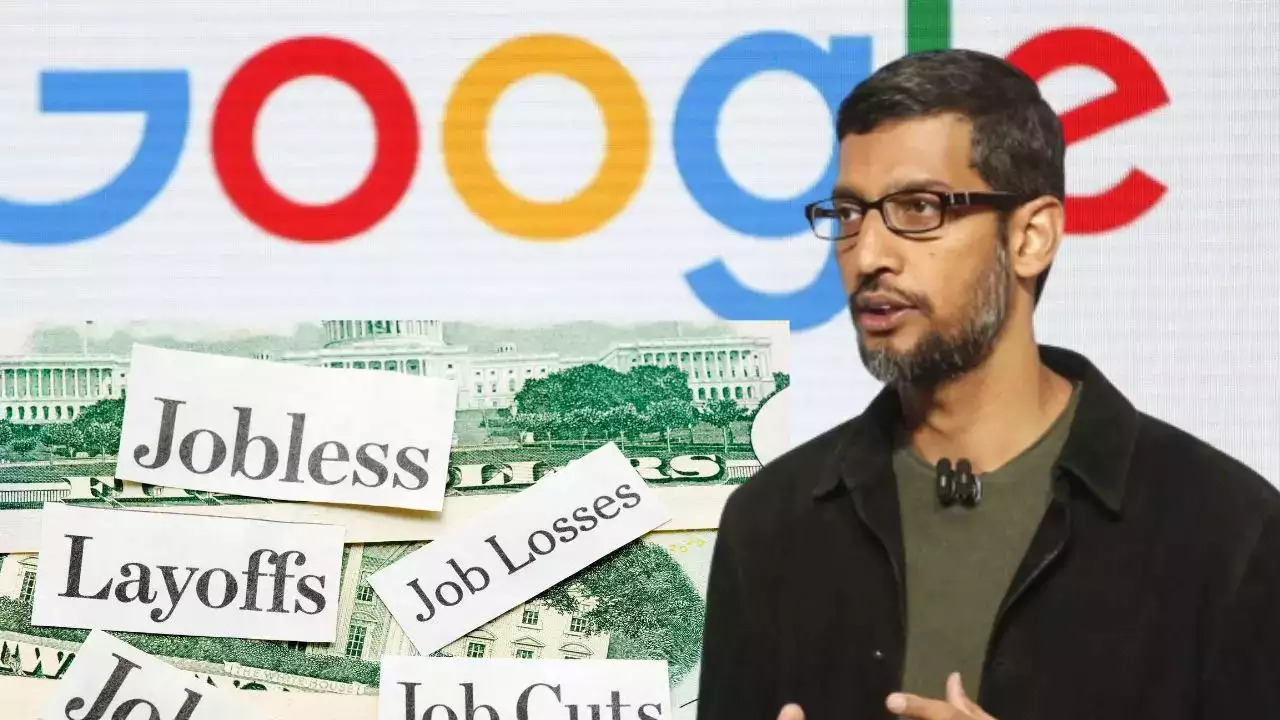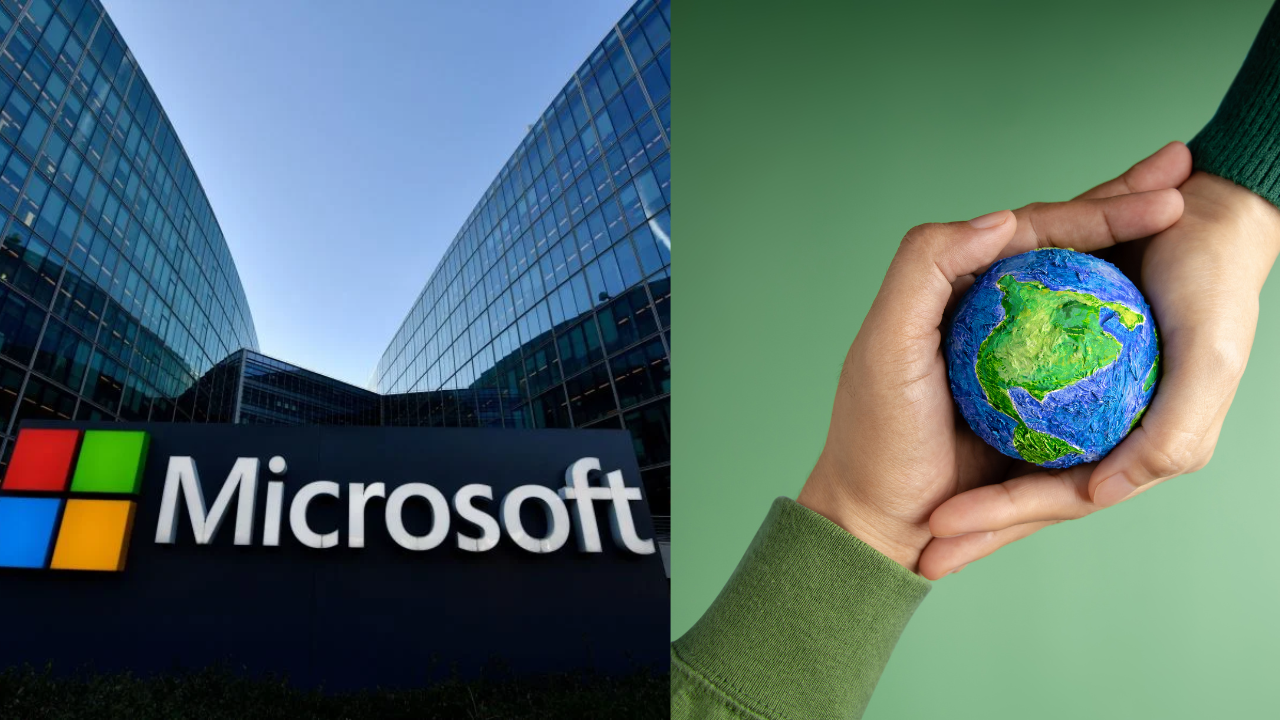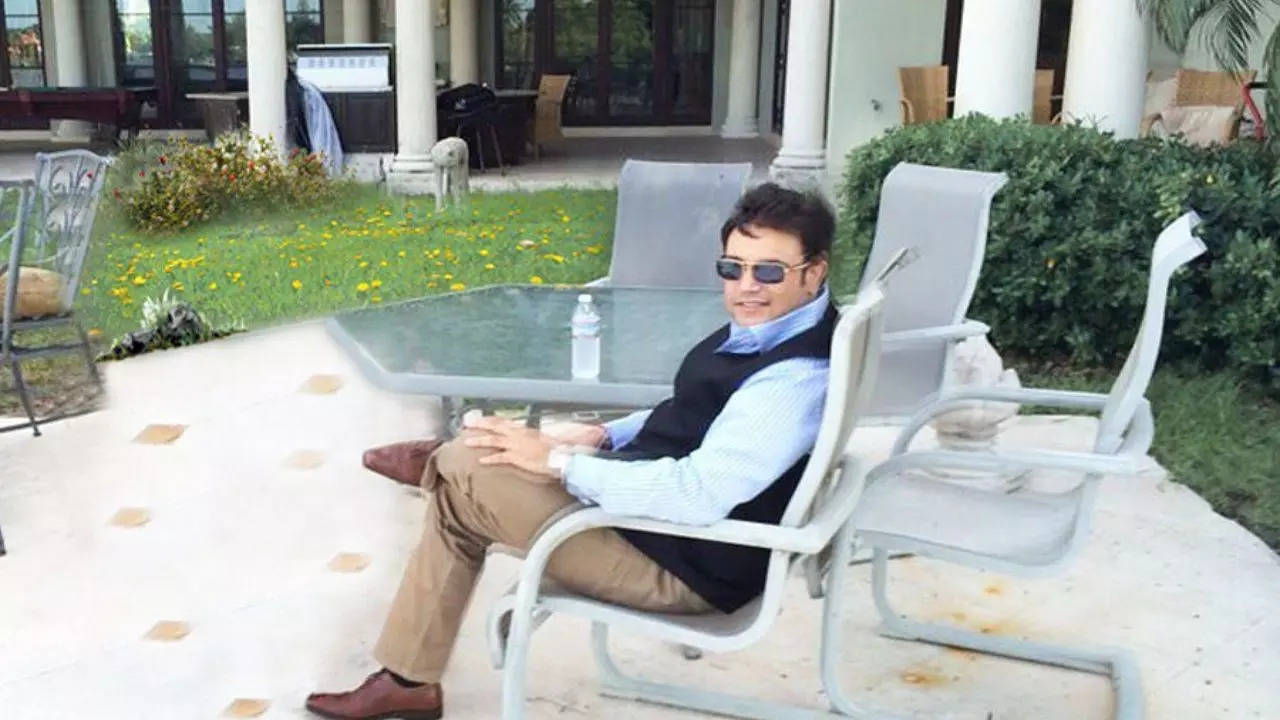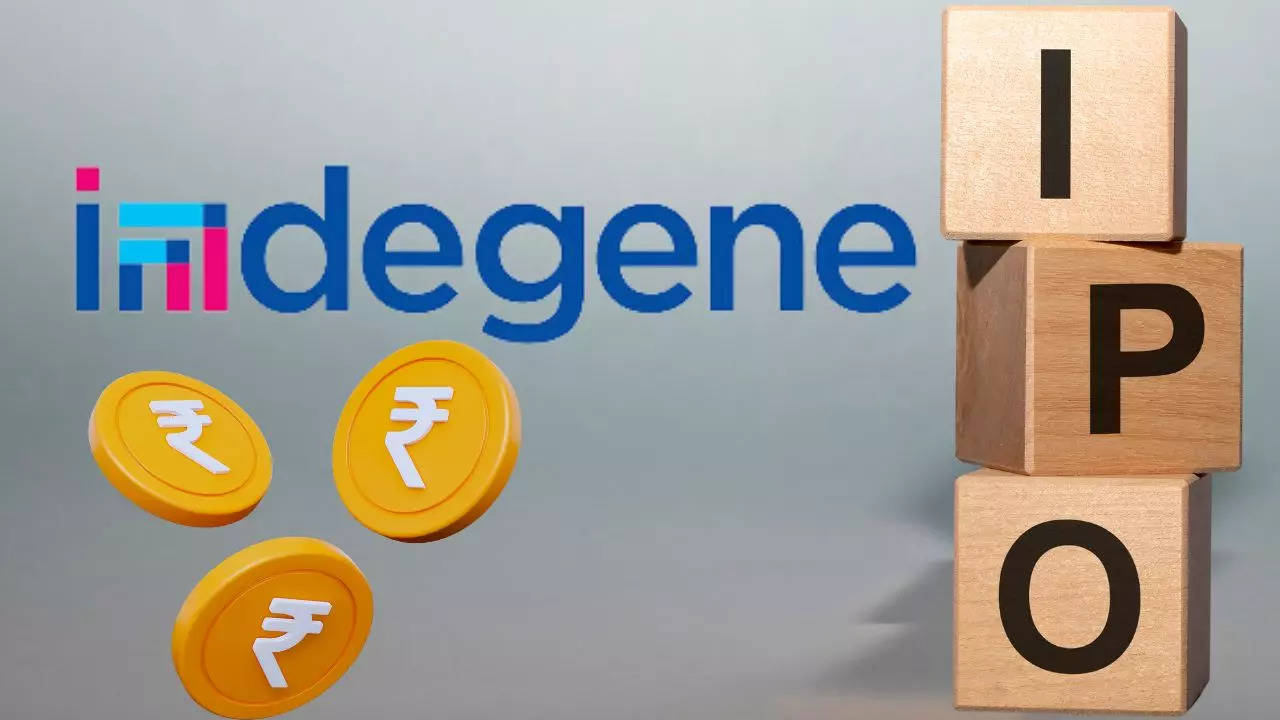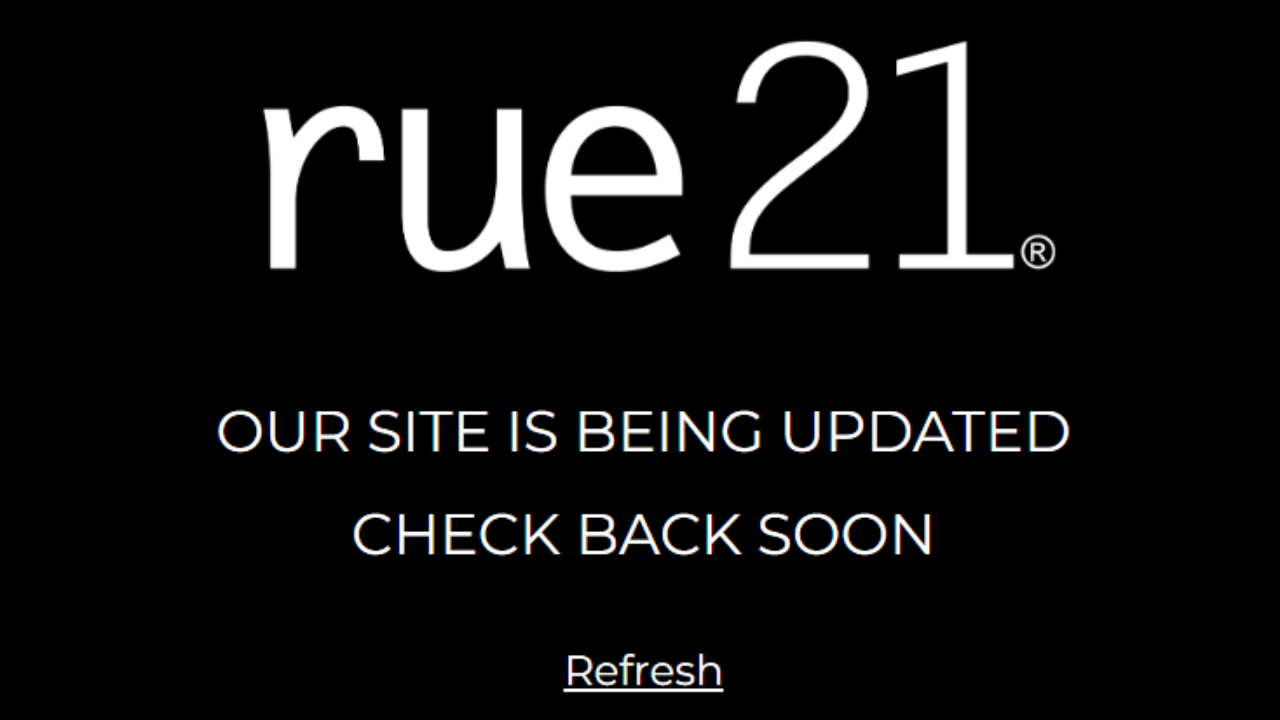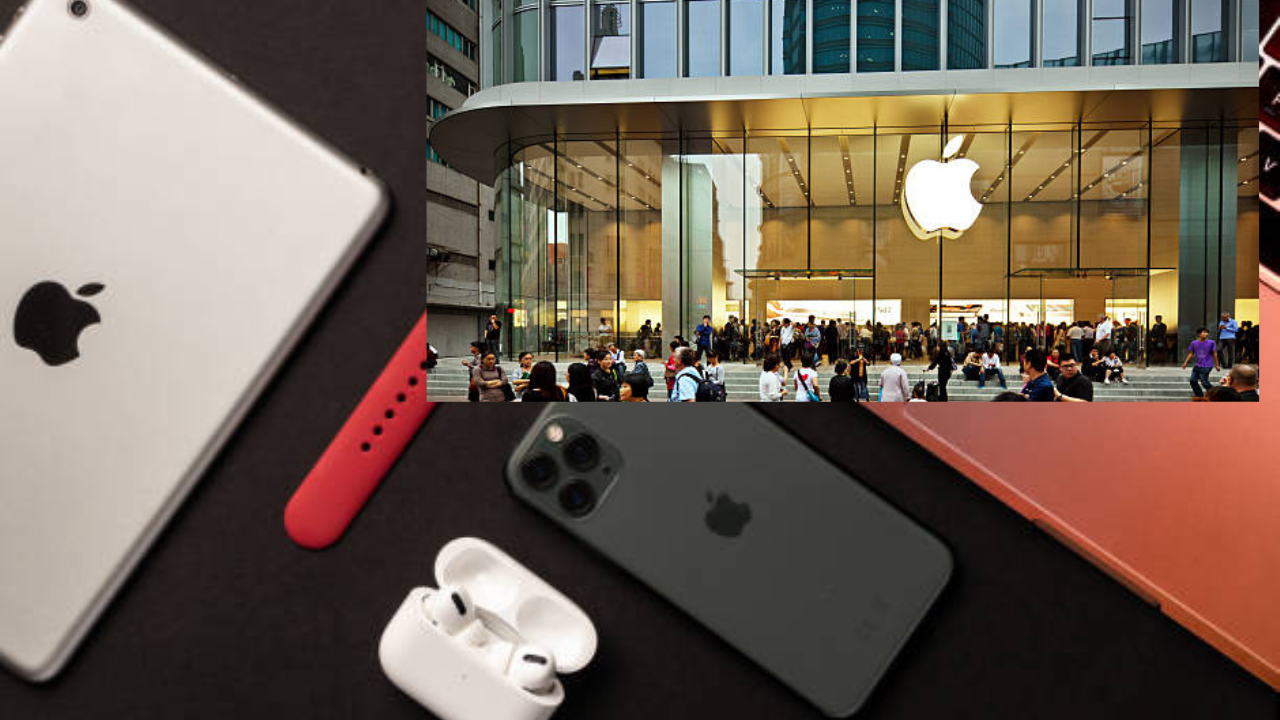
Life is a complex tapestry woven with layers that act as intermediaries between us and our experiences. These layers shape our thoughts, connections, and perceptions, with organizations playing a pivotal role in this intricate mix—guiding consumption, maintaining order, driving culture, and disseminating information. The bond between us and these influences is delicate, akin to walking a tightrope as changes unfold, emerging and receding, influencing our lives in profound ways.
This societal shift is prompting individuals to unravel everything in an attempt to comprehend their evolving identity in this dynamic world. Some influences are popping up, some are taking a back seat, and others are just rolling with the punches. And guess what? All of it matters to us.
As we walk into 2024, the key lies in navigating this transformative journey.
Beyond AI
The buzzword of last year… yes, it’s not going away, BUT it’s upgrading! Rather than being a mere tool for routine tasks, AI is poised to play a more profound role in enhancing both productivity and creativity. The emphasis is on enhancement—facilitating faster and more effective goal attainment. AI becomes a means to an end, with design and innovation retaining their emotional core. Amidst this evolution, the challenge is to avoid a mundane year by taking bold chances and fostering originality.
Strategic use of AI can expedite identifying our complex and paradoxical consumer patterns, providing a holistic view. However, the belief remains that true solutions will emanate from human ingenuity.
“I still believe that solutions will come from people and not from computers. So, to all the creatives, innovators, technologists, and future thinkers, we still need you. ‘Fortune favors the bold’ encourages a more daring approach. Originality will stand out, so take chances!”
The primary objective of creativity needs to be centered around eliciting an emotional response.
Information congestion
The Digital Age has helped us stay connected; it has made our lives simple, yet complicated. There are endless choices and channels, creating layers of desires about what people want to be, what they want to do, etc.
The connection between people and technology is at a crucial crossroads. It seems like technology is more of an external force acting upon individuals rather than something working in their favor. It often demands too much, leaving people feeling overwhelmed and failing to contribute positively to their overall well-being. The frustration and fatigue are palpable, and we can’t afford to ignore this reality.
BUT there is still hope. There’s a noticeable shift in the air—we might be entering a phase in 2024 where people are trying to regain control over how technology influences their daily lives.
In the midst of evolving technology, individuals are questioning the worth of each new gadget or platform and what role it could play between them and their goals, as well as their overall wellbeing. As technological evolution continues, there’s a pressing need to shape a future that prioritizes well-being. This calls for ingenuity and the ability to strike a harmonious balance amidst unprecedented challenges. We need to make more endeavors to redefine society’s relationship with technology so it can integrate thoughtfully into people’s lives.
Life centricity
Another emerging theme from information congestion is what we at Accenture call “life centricity.” People, influenced by economic, social, environmental, and political forces, are becoming more unpredictable.
Life centricity goes beyond consumer centricity, considering not only the customer but their entire life and overall well-being.
Different from customer centricity, which focuses on meeting customer expectations and driving loyalty, life centricity delves deeper into understanding the whole person. It acknowledges the complexities and paradoxes of human existence, aiming to address pain points across the customer journey. This approach recognizes individuals not just as “customers” but as multifaceted human beings living intricate lives.
As we step into the future, these themes highlight the need for thoughtful integration of technology, fostering creativity, and embracing a life-centric approach that goes beyond traditional consumer-centric strategies. The journey ahead requires adaptability, originality, and a deep understanding of the ever-changing dynamics shaping our lives.









